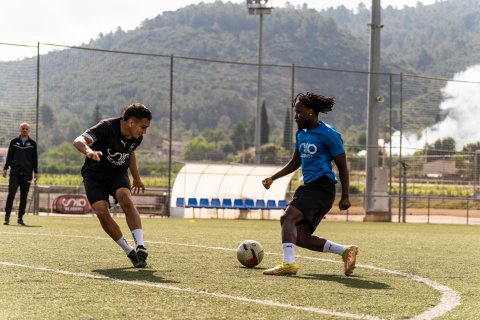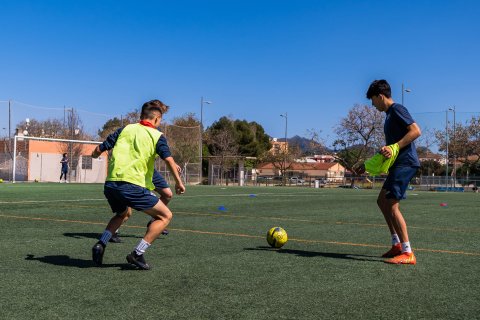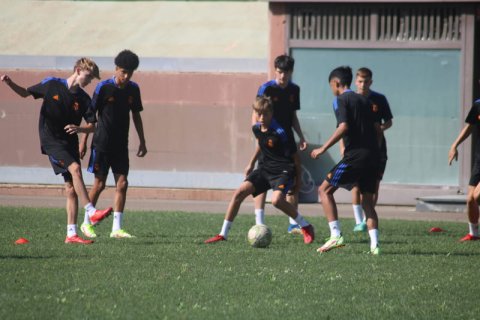One of the keys to success in soccer is having a strong team, which is why soccer clubs around the world invest heavily in identifying and recruiting new talent. Here are the keys...
SCOUTING AND PERFORMANCE ANALYST IN SOCCER
Football is a complex sport that requires a diverse range of skills and strategies to be successful. One of the keys to achieving success in football is having a strong team, which is why football clubs around the world invest heavily in identifying and recruiting new talent. This is where football scouting comes in, with scouts tasked with evaluating potential new players and reporting back to the club's management team.
Another crucial element of modern football is video analysis, which involves studying game or training footage to analyse performance, identify opponents' strengths and weaknesses and provide feedback to the coaching staff and players. In this essay, we will explore the similarities and differences between football scouting and video analysis, and discuss their importance in the world of football.
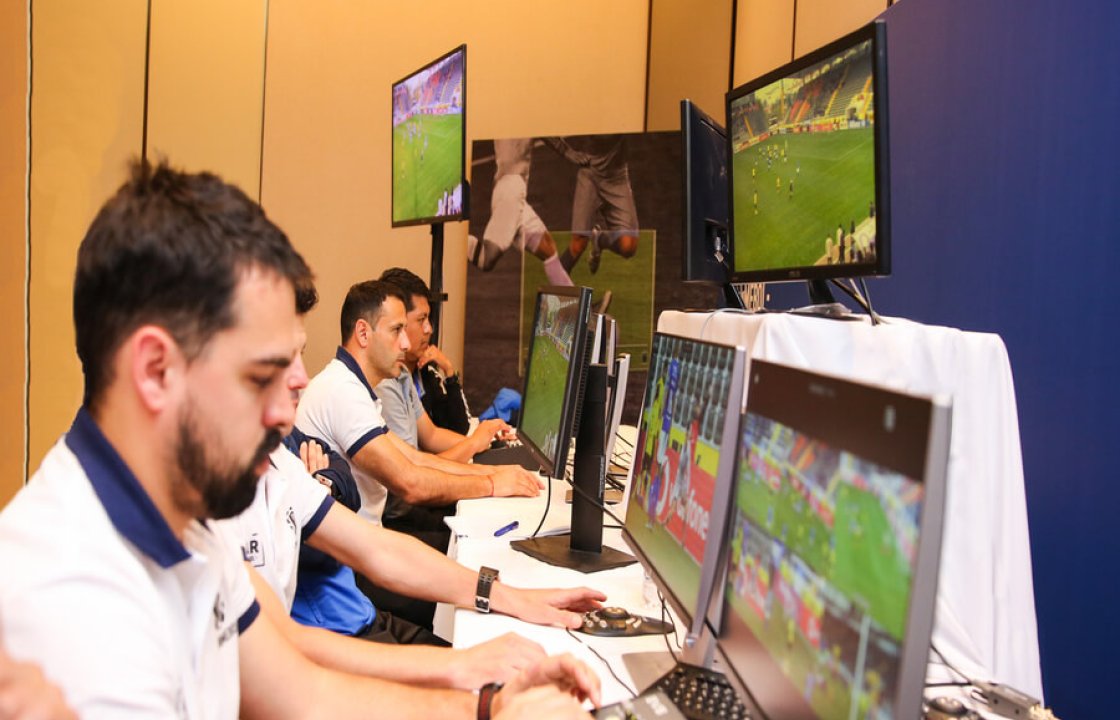
What is scouting in football?
Football scouting is a critical component of modern football, with scouts responsible for identifying potential new players for their club and evaluating their skills and attributes. The job of a football scout is to find new talent and ensure the club has a strong and competitive team. To do this, scouts must be able to evaluate players accurately and objectively, taking into account various factors such as their technical abilities, physical attributes, mental toughness, and growth potential.
Scouts will typically attend games, tournaments, and other events to watch players and assess their skills. This can involve watching entire games or focusing on specific players, taking detailed notes on their performance, and analyzing their strengths and weaknesses. Scouts must have a keen eye for talent and be able to spot players who have the potential to develop into future stars. Nowadays scouts also use webs like Wyscout where they can look for specific players and analyse their performance and characteristics from anywhere.

Functions of a scout
Once a scout has identified a potential new player, they will report back to the club's management team with their findings. This may involve providing written reports or giving verbal feedback on the player's performance, skills, and character. The management team will then use this information to make decisions about whether to pursue the player and how much to offer them in terms of salary and transfer fees.
In addition to scouting for new talent, football scouts may also be involved in monitoring the progress of players who are already at the club. This can involve watching training sessions and games to assess how well players are developing and whether they have the potential to become key players for the team.

Characteristics of a football scout
Overall, football scouting is a crucial part of building a successful team, as it enables clubs to identify and acquire new talent to strengthen their squad. It requires a combination of technical knowledge, analytical skills, and a keen eye for talent, as well as the ability to work closely with the club's management team to make informed decisions about player recruitment.
With the right scouting strategy and a bit of luck, clubs can discover hidden gems and develop them into world-class players, giving them a competitive edge over their rivals.

What is a football analyst?
Football analysis, specifically video analysis, is another key aspect of modern football. The role of a football analyst is to study game footage and provide insights into how the team can improve its performance. This involves studying game or training footage to analyse performance, identify opponents' strengths and weaknesses and provide feedback to the coaching staff and players.
This information can then be used to develop a game plan to maximises the team performance and takes advantage of the opponent's weaknesses and neutralizes their strengths. In addition to studying opponents, football analysts also analyze their own team's performance. This can involve analyzing footage of previous games to identify areas where the team needs to improve, as well as monitoring the progress of individual players. Analysts will also provide feedback to the coaching staff and players on how they can improve their performance and address any issues that arise.

Football analyst functions
Another important role of football analysts is to provide recommendations for tactical changes that the team can make to improve their performance. This can involve developing new formations, changing the team's style of play, or making substitutions during games. Analysts work closely with the coaching staff and players to ensure that these changes are implemented effectively and that the team is always working towards improving their performance.
Overall, football analysis is a critical part of modern football, as it enables teams to gain a competitive edge over their opponents. Team performance will improve by studying game footage, analyzing opponents' strengths and weaknesses, doing individual analysis, training analysis and pre and post-match presentations.
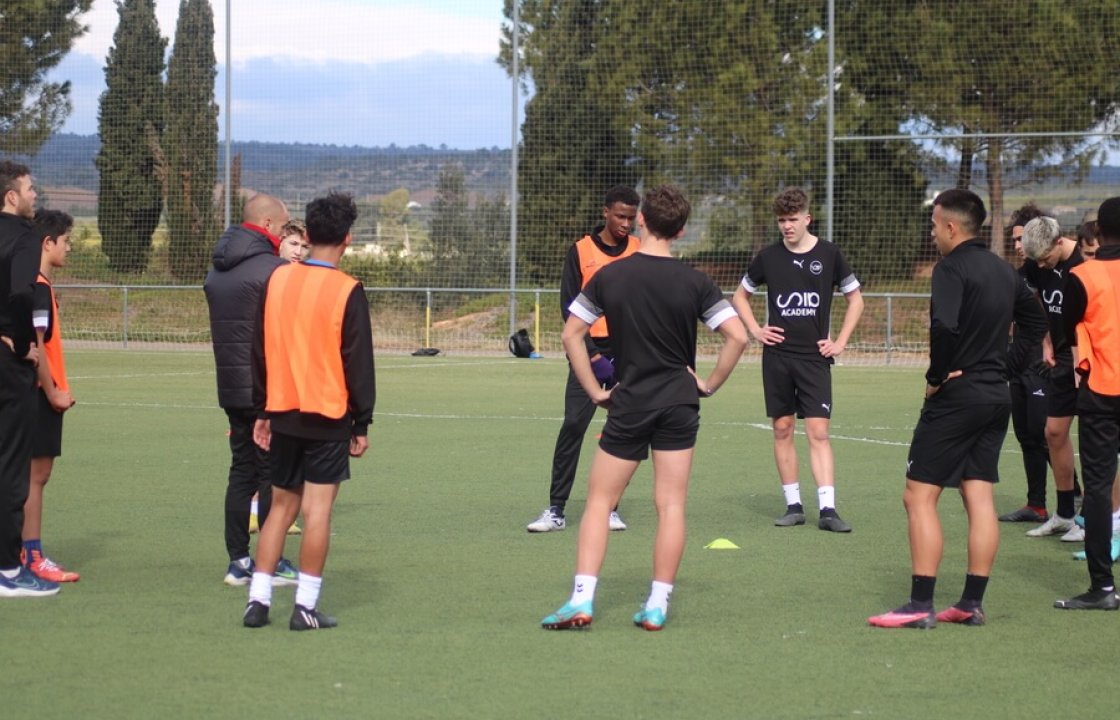
Difference between analysis and scouting
Football scouting involves identifying and recruiting new players for the team, while video analysis involves analyzing game footage to provide feedback to the coaching staff and players. Both roles require a deep understanding of the sport, including technical skills, strategy, and tactics.
One key difference between football scouting and video analysis is their focus. While scouts are primarily concerned with finding and evaluating new talent, video analysts focus on analyzing and improving team performance. Scouts may travel to games and tournaments to watch players and assess their potential, while video analysts may spend countless hours studying game footage to identify areas for improvement.
Another difference is the skill set required for each role. Scouts need to have a keen eye for talent, as well as excellent interpersonal and negotiation skills to secure deals with new players. Video analysts, on the other hand, need to have strong analytical skills and the ability to communicate their findings effectively to the coaching staff and players.
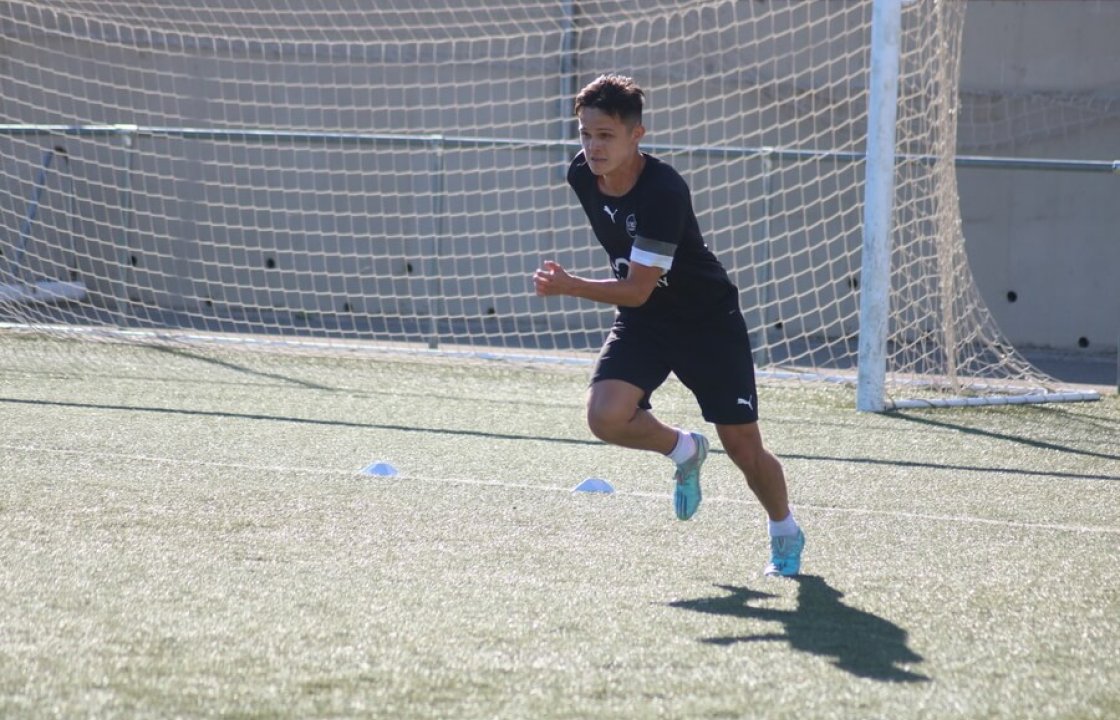
Conclusions
Despite these differences, both football scouting and video analysis are essential for modern football. Scouts help clubs identify new talent and build strong, competitive teams, while video analysts help the team, coaches and players understand the teams game philosophy, their playing style, their opponent's strategies and make informed decisions about their own performance.
In conclusion, both football scouting and video analysis are vital components of modern football, each with its own unique focus and skill set. While there are differences between the roles, they both play critical roles in building successful teams and achieving success on the field. As the sport continues to evolve, it will be fascinating to see how these roles adapt and evolve to meet new challenges and opportunities.


